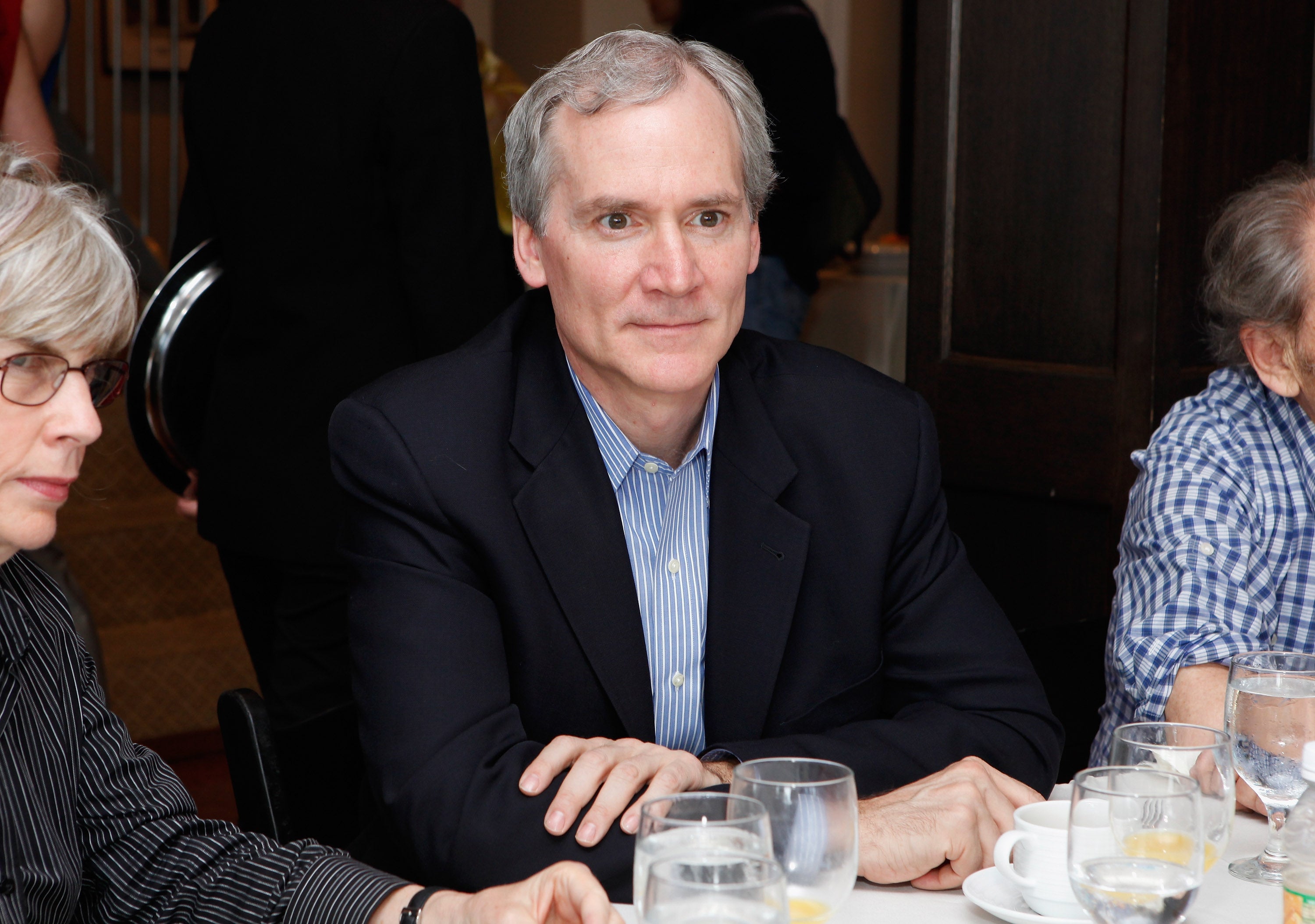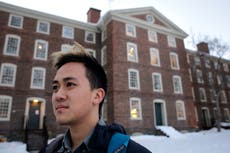Stanford president to resign after investigation finds ‘serious flaws’ in research
Prominent neuroscientist will step down at end of August
Marc Tessier-Lavigne, the president of Stanford University will step down at the end of August, following a lengthy investigation by school officials that found “serious flaws” across his body of published research, including “repeated instances of manipulation of research data” at labs overseen by the prominent neuroscientist.
“At various times when concerns with Dr. Tessier-Lavigne’s papers emerged—in 2001, the early 2010s, 2015-2016, and March 2021—Dr. Tessier-Lavigne failed to decisively and forthrightly correct mistakes in the scientific record,” according to a report from a panel of scientific experts convened by the prestigious California university’s board of trustees.
The panel did not find evidence that Dr Tessier-Lavigne intentionally committed fraud, falsified data, or was aware of problems with his research before publication.

“Although the report clearly refutes the allegations of fraud and misconduct that were made against me,” Dr Tessier-Lavigne wrote in a statement, “for the good of the University, I have made the decision to step down as President effective August 31.”
“I should have been more diligent when seeking corrections,” he added. “The Panel’s review also identified instances of manipulation of research data by others in my lab. Although I was unaware of these issues, I want to be clear that I take responsibility for the work of my lab members.”
The investigation into the president began in late 2022, after a campus paper, The Stanford Daily, reported that a prominent European research journal, as well as commenters on an online research forum, were raising questions about the accuracy of Dr Tessier-Lavigne’s research into diseases like Alzheimer’s and Parkinson’s.
In February, even more damning reporting emerged. The student paper alleged that while the neuroscientist was at the biotech Genentech, he attempted to cover up a finding of falsification of data on a landmark 2009 Alzheimer’s study.
Dr Tessier-Lavigne denied this, and the Stanford panel concluded that the student paper, who cited anonymous company executives aware of the issue, “appeared to be mistaken” in its reporting.
The university review did find, however, that the study had “multiple problems” and “fell below customary standards of scientific rigor and process.”
Dr Tessier-Lavigne will step down at the end of August and remain a tenured professor.
Richard Saller, a professor of European studies, will serve as interim president beginning in September as the school searches for a permanent leader.
Join our commenting forum
Join thought-provoking conversations, follow other Independent readers and see their replies
Comments


Bookmark popover
Removed from bookmarks